2020-2021 Professors for the Future Fellows
To view previous Professors for the Future Fellows, please click here.
Expedition Behaviors: Leadership Tools for the Academic Journey
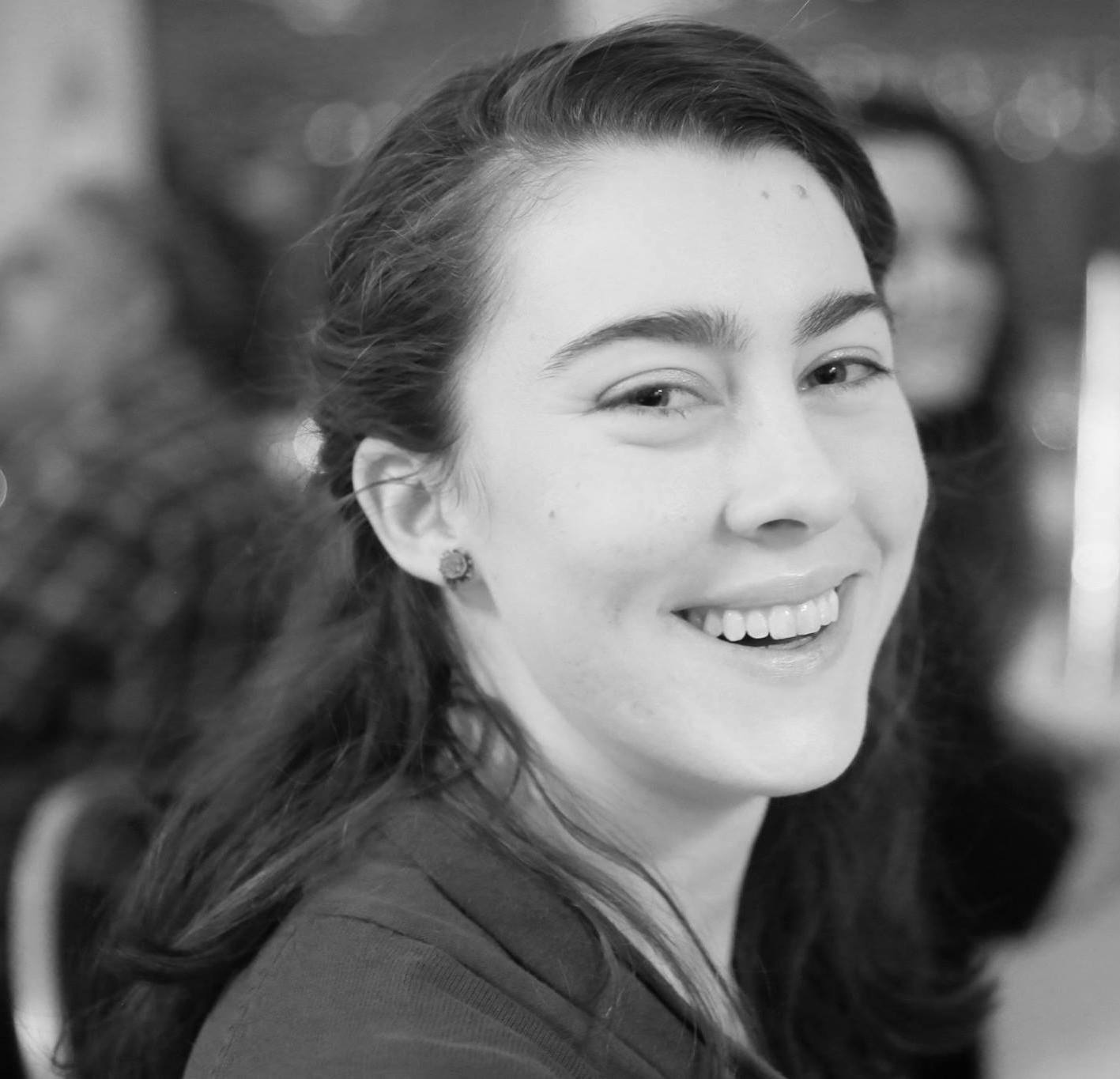
Charlotte Ambrozek
(Ph.D. student, Agricultural and Resource Economics)
Charlotte is a PhD candidate in the Agricultural and Resource Economics Department. Charlotte studies how participants and authorized food retailers in WIC (nutrition for women, infants, and children) respond to incentives created by program rules. Before moving to Davis, Charlotte lived in Alaska, Vermont, and New York. Charlotte's hobbies include skiing, biking, backpacking, and cooking.
A Guide to Original Survey Research: Qualtrics Design, Online Recruitment, and Data Cleaning
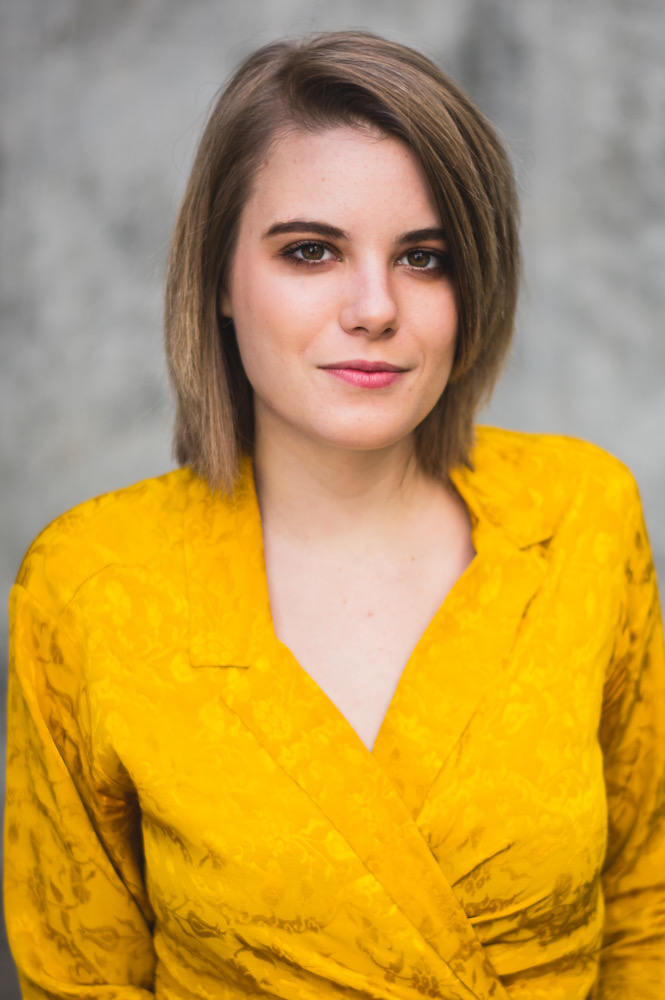 Abbey Berghaus
Abbey Berghaus
(Ph.D. student, Sociology)
Abbey is a PhD Candidate in Sociology with a Designated Emphasis in Feminist Theory and Research. Her areas of specialty are family, gender, and sexuality. Abbey's dissertation research highlights the experiences of bisexual and pansexual parents as they navigate coming out to and discussing sexuality with their children. She is the creator of one of the largest and most comprehensive existing surveys of bisexual and pansexual individuals, with more than 6500 completed responses. Currently, Abbey is in the process of conducting interviews with 100 parents across the United States, the majority of whom are bisexual. When Abbey is not working on her dissertation, she enjoys reading angsty queer literature, listening to true crime podcasts, and walking her dog, Pervis.
Data Management Tools for Transparent, Reproducible Research
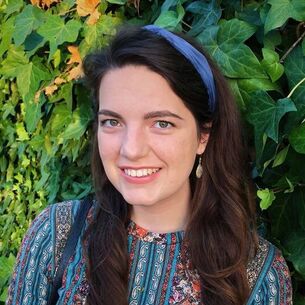
Victoria Farrar
(Ph.D. student, Animal Behavior)
Victoria is a Ph.D. candidate in the Animal Behavior Graduate Group. Working with Dr. Rebecca Calisi Rodriguez, she studies how the brains and bodies of animals change as they become parents, and how this affects their reproductive behaviors and response to stress. An Arizona native, Victoria earned her Bachelors’ degree in Ecology and Evolutionary Biology from the University of Arizona, then assisted with research at Arizona State University before starting grad school. Currently, she also engages in biology education research and is a Teaching Assistant Consultant at the Center for Educational Effectiveness. Outside of the lab, you can likely find her sketching or birding at the Yolo Bypass.
A Beginner's Guide to Python, GitHub, and Zenodo: Tools for Sharing Data Analysis Methods
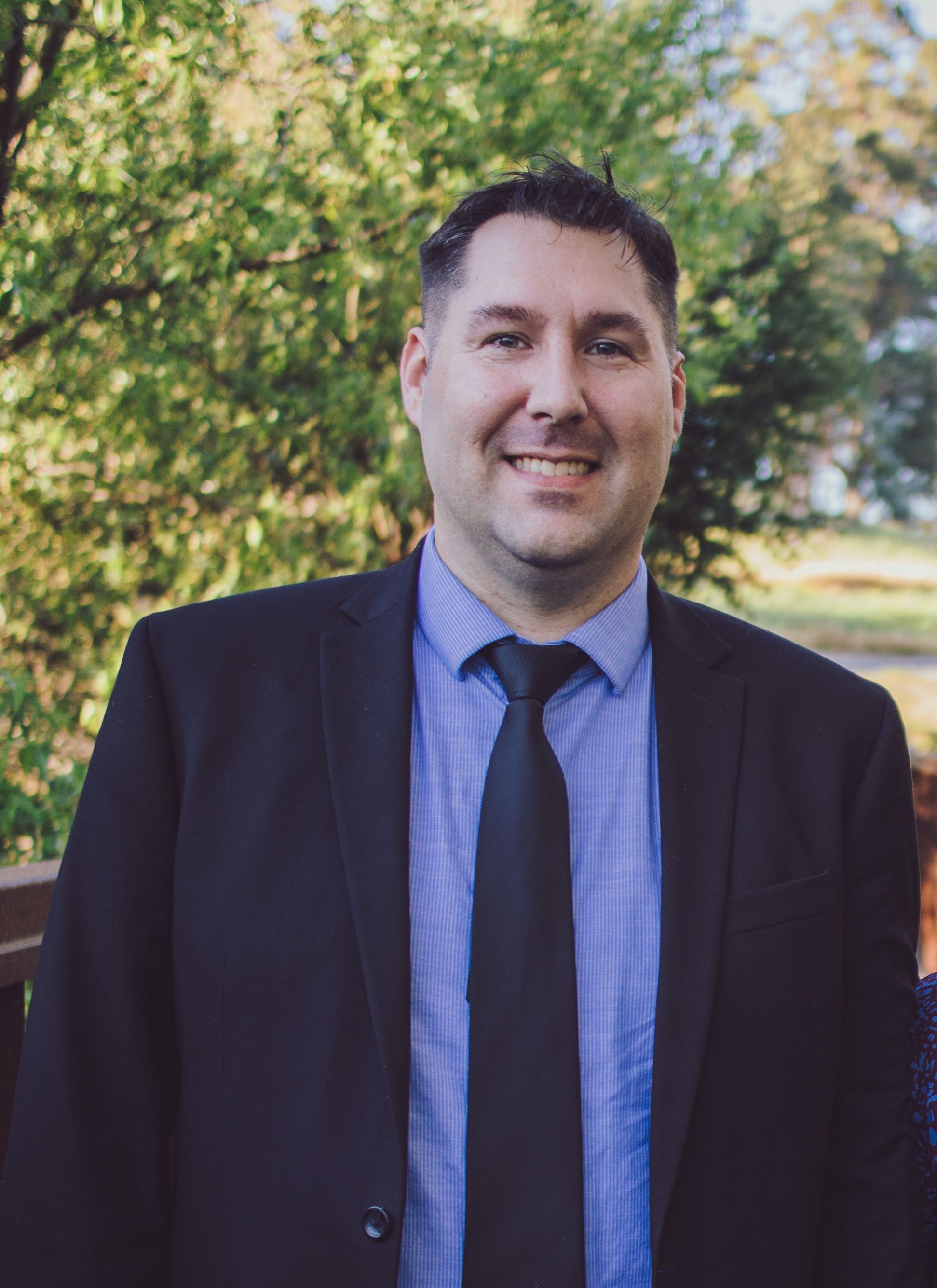
Jason Fell
(Postdoctoral Scholar, Genome Center)
Jason is originally from Sacramento and obtained a BS and MS in Chemistry at CSU Sacramento. Shortly afterwards, Jason went to graduate school at UCLA, and graduated with my PhD in Theoretical Chemistry. While at UCLA, Jason fell in love with teaching and mentorship. Now at UC Davis, Jason designs enzymes to help solve some of the problems in our world and is mentoring the next generation of computational protein scientists.
Practicing Mindfulness as Academic Scholars
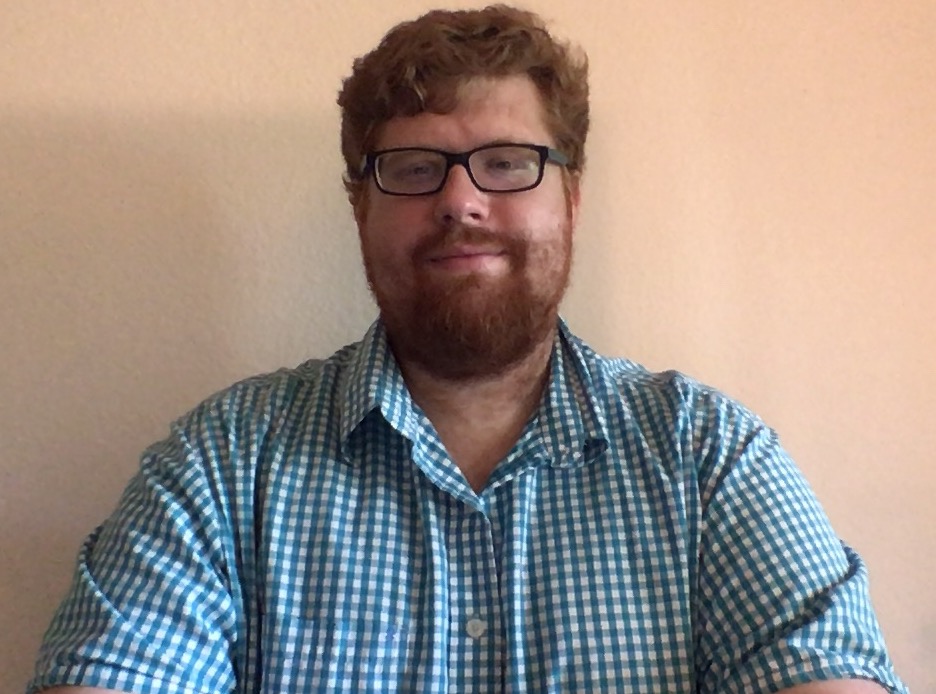
Keith Fraga
(Ph.D. student, Biochemistry, Molecular, Cellular and Developmental Biology)
Keith still remembers their first time learning about proteins and their mysteries. Proteins are molecular machines inside cells that perform a vast array of biological functions. How proteins adopt their structure is generally an intractable problem, and Keith has been fascinated with solving protein origami puzzles since youth. Keith's passion for protein structure has taken their academic journey to biology, math, physics, chemistry, computer science, and back again to biology. Keith grew up in Tracy, a small town in Northern California, and pursued undergraduate training not far away at the University of the Pacific. Keith is in the 5th year of PhD studies in the Biochemistry, Molecular, Cellular and Developmental Biology graduate group studying how to apply artificial intelligence to problems in structural biology. Throughout their educational and research career Keith has found a passion for teaching and tutoring. Research is not performed in a vacuum, and seeking teaching and mentoring experiences to interact with students and peers Keith believe is a vital aspect of graduate training. Keith is excited to be a fellow in the 2020-2021 Professors for the Future cohort for the unique experience and training for academic career paths.
Python Bootcamp: Preparing Incoming Grad Students for the Programming Requirements of Courses and Research
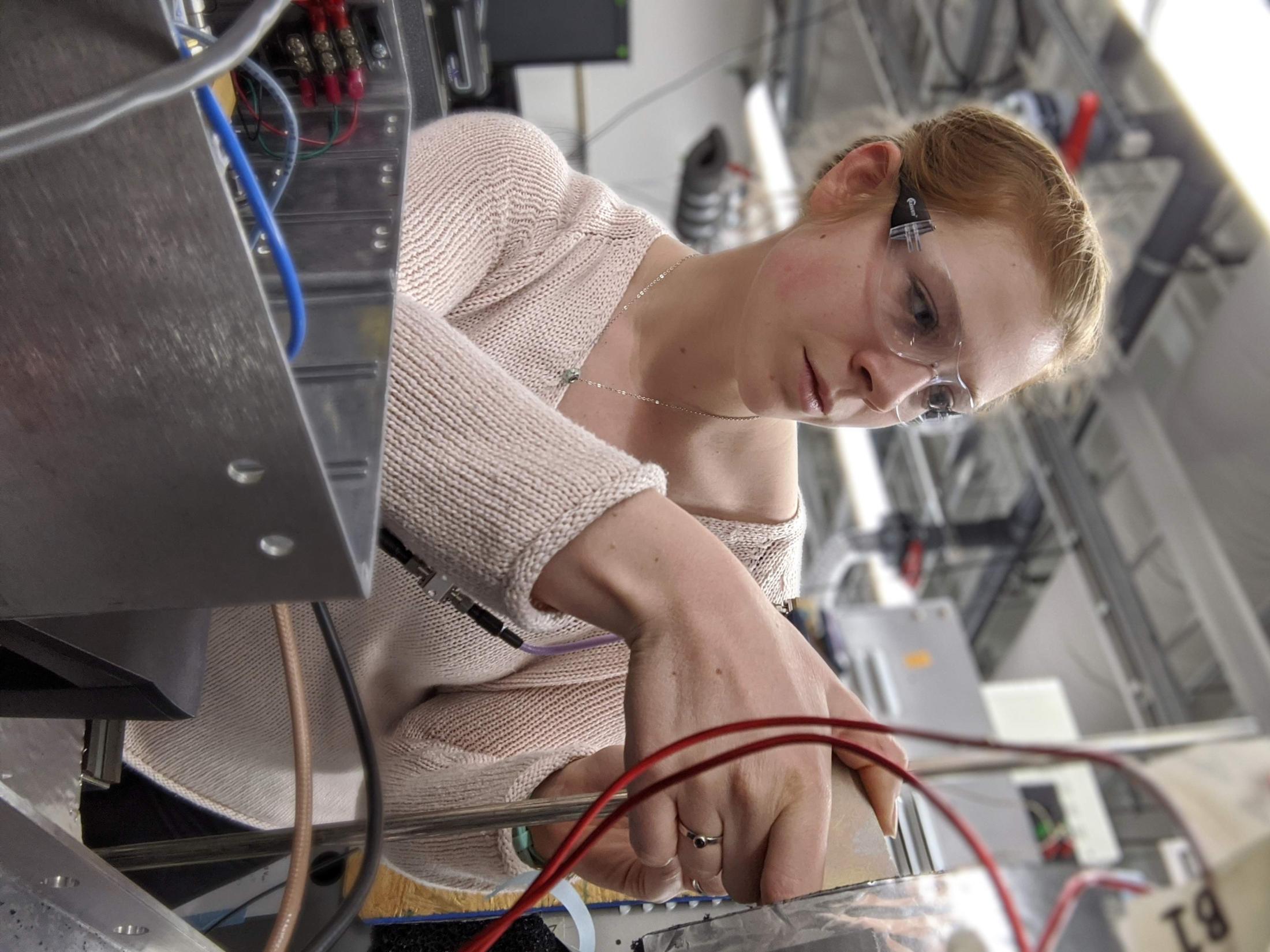
Sommer L. Johansen
(Ph.D. student, Chemistry)
Sommer Johansen is a sixth year PhD student in the Department of Chemistry, where she studies chemical reactions that happen in space and may be relevant to the origin of life. Her research is currently funded by a NASA Earth and Space Science Fellowship. She's been very involved in science outreach and is currently running the SCInema event series and YouTube channel, which uses connections between science and mainstream entertainment to engage audience members of all ages. In her free time, she loves trail running and spending time with her husband and dogs.
Having Hard Conversations: Cross-Cultural Conflict Resolution
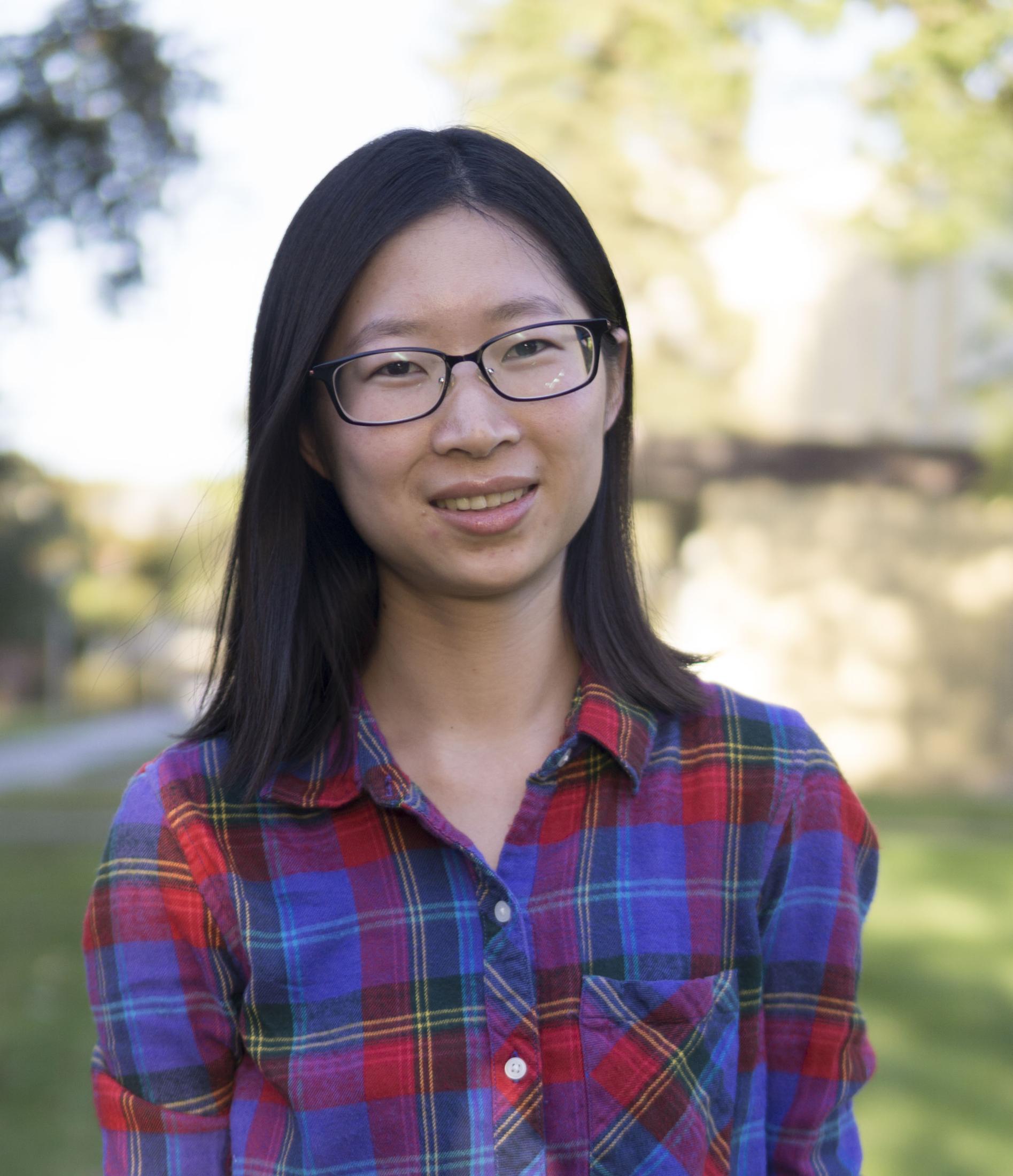
Jianping Pan
(Ph.D. student, Mathematics)
Jianping is a 5th year Ph.D. candidate in Mathematics under the supervision of Prof. Anne Schilling. Jianping works with combinatorial objects that arise from geometry and algebra. Prior to joining UC Davis, Jianping completed her undergraduate study in Renmin University in Beijing, China.
Utilizing Active Learning Strategies for Effective and Engaging Lessons
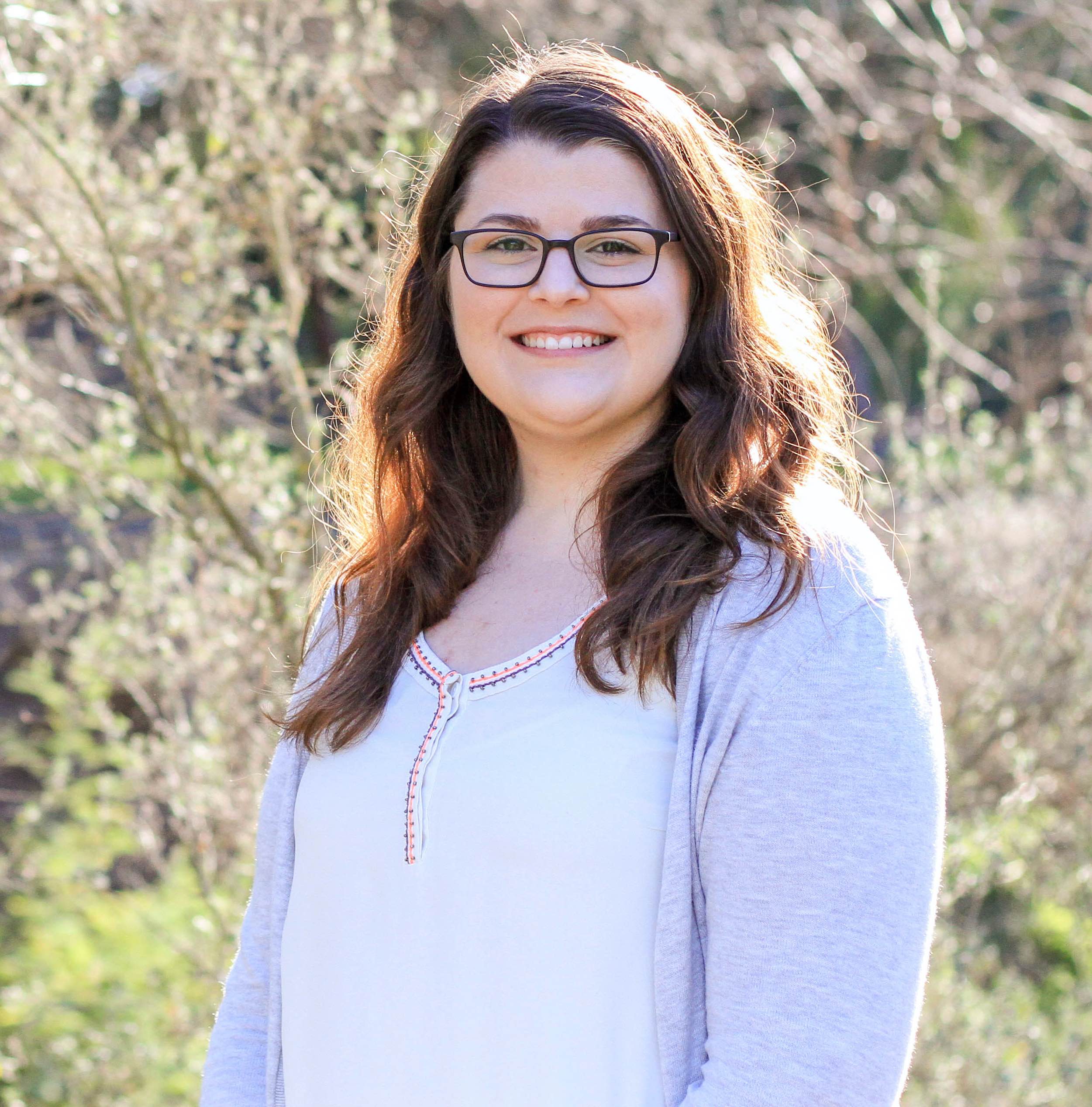 Lyndsey Ruiz
Lyndsey Ruiz
(Ph.D. student, Nutritional Biology)
After graduating in 2014 from California Polytechnic State University, San Luis Obispo with a Bachelor of Science in Nutrition, Lyndsey accepted a position working at the UC Davis Center for Nutrition in Schools. In this role, Lyndsey helped develop and implement nutrition curricula for school nutrition services staff and elementary school-aged youth. This work allowed Lyndsey to gain hands-on experience in nutrition education and solidified their intent for pursuing graduate education. Lyndsey joined the Graduate Group in Nutritional Biology in 2016 working with Dr. Rachel Scherr. Lyndsey's research focuses on improving youth food literacy through experiential agriculture, nutrition, and cooking education. Within this work, they have led the development of a food literacy curriculum for high school students and have facilitated professional development workshops for undergraduate students.
Developing a Collaborative Relationship with Stakeholders
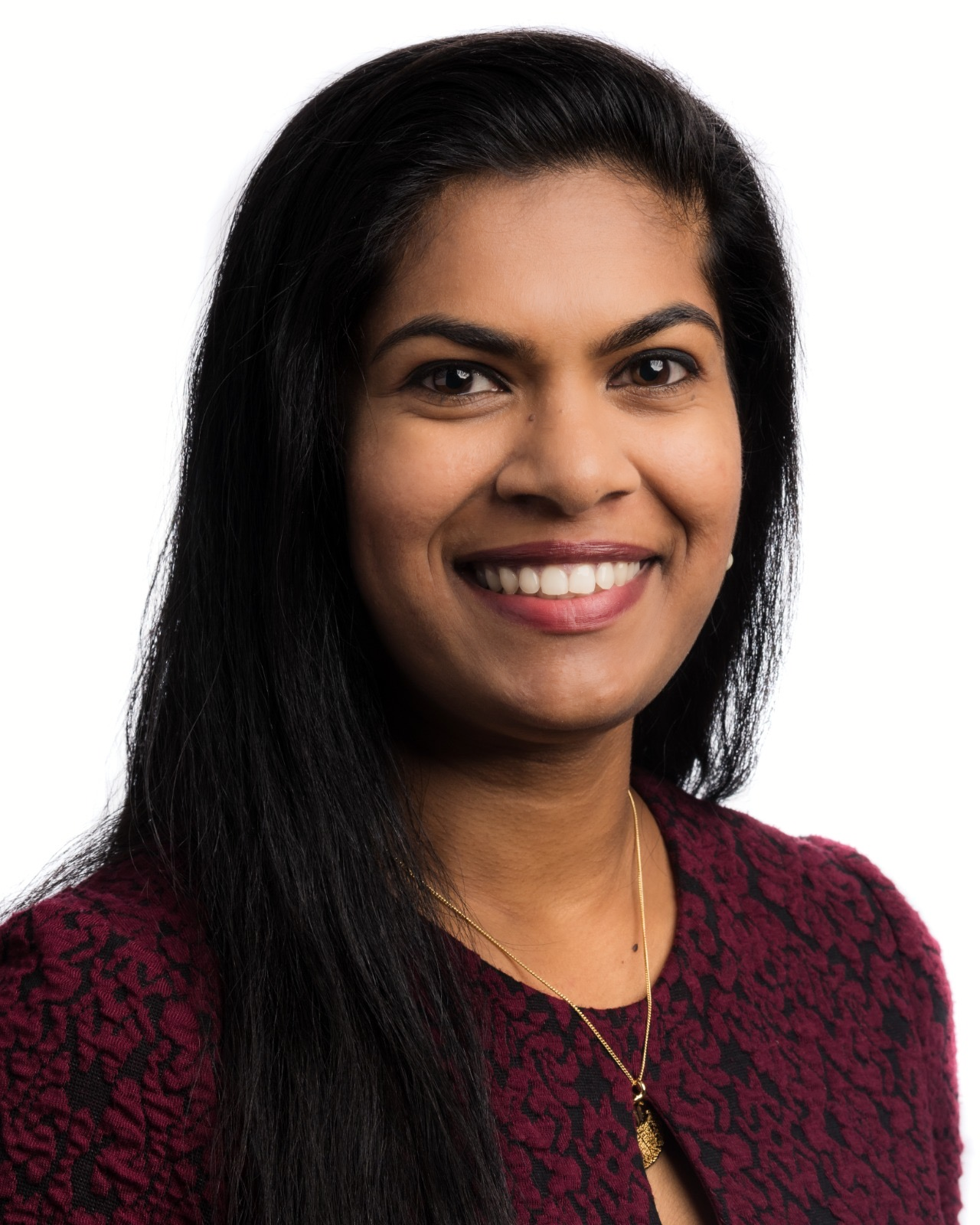
Salini Sasidharan
(Postdoctoral scholar, Land, Air, and Water Resources)
Salini Sasidharan, Ph.D., is a Postdoctoral Scientist at the Department of Environmental Sciences, University of California Riverside and USDA ARS Salinity Lab, Riverside. She received a Ph.D. degree in Environmental Science and Engineering from the Flinders University, Australia, M.S. degree in Biotechnology from the University of East London, UK, and a B.S. degree in Biotechnology from Mahatma Gandhi University, India. She will be joining the Department of Land, Air, and Water Resources, UC Davis. She has nine first-author and five co-author publications in high impact journals in the field of Hydrology, Water Resources, and Contaminant Hydrology. She is a recipient of the NCGRT International Research Scholarship and Public Research Output Award from Flinders University, Australia. She has a great research interest in developing next-generation engineering infiltration and recharge techniques to integrate into managed aquifer recharge strategies to resolve groundwater quantity and quality issues across the globe. She is also passionate about advocating STEM education, effectively communicates science to the public and stakeholders.
Beyond AB540: Enhancing the Undocumented Grad Student Experience in the University
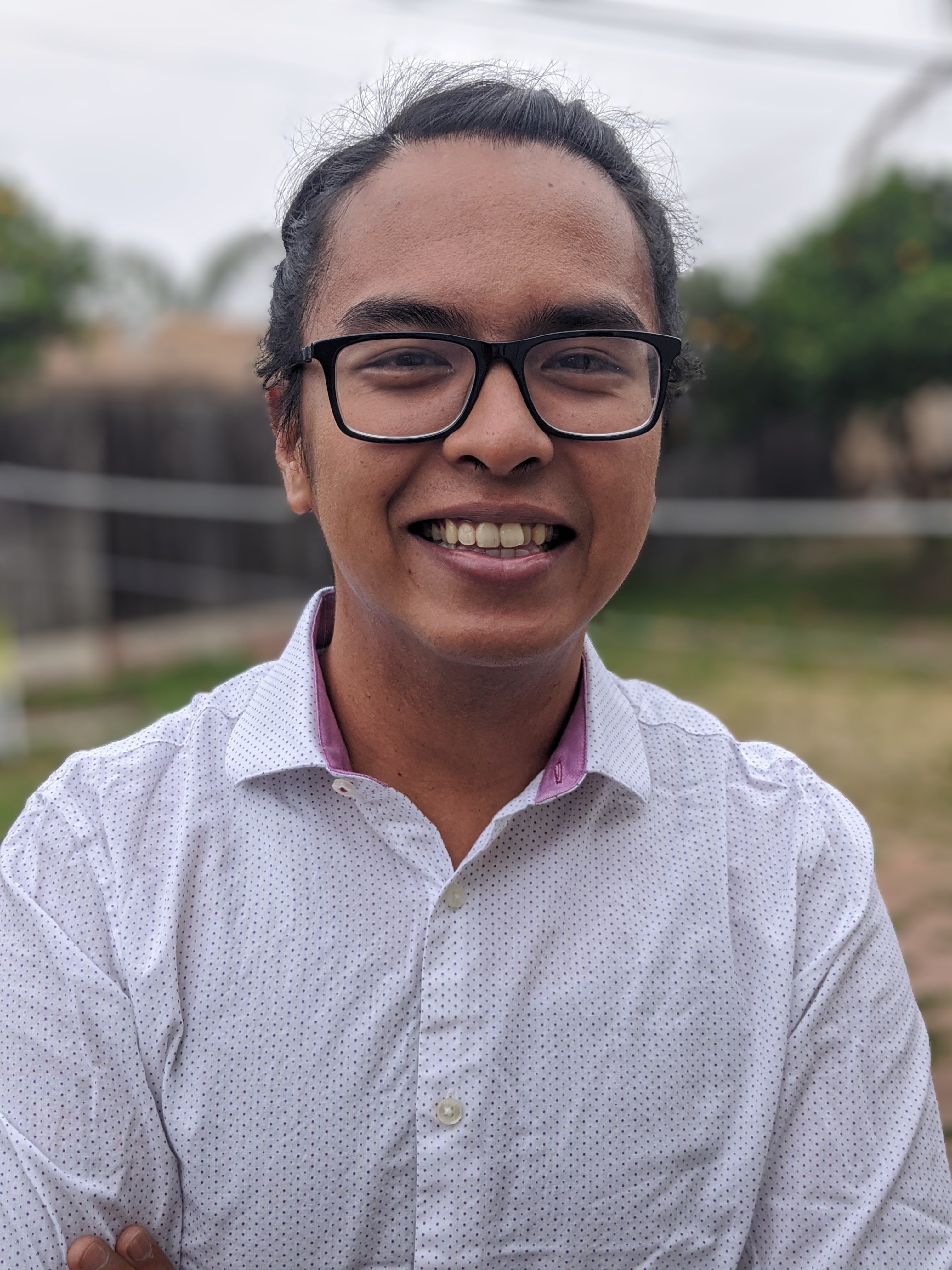
Roy B. Taggueg
(Ph.D. student, Sociology)
Roy is a scholar-activist from the Department of Sociology. His research focuses on the intersections between migration and race, particularly in the context of Filipinx and Filipinx-Americans as they navigate institutions like healthcare and education. Roy was also part of the first graduating cohort of the Robert Wood Johnson Health Policy Research Scholars Program, and currently serves as the Director of Research of the UC Davis Bulosan Center for Filipinx Studies. As a Professors for the Future Fellow, Roy will be working closely with the UC Davis AB540/Undocumented Student Center to focus on making the center a more inclusive space for the undocumented graduate students of UC Davis.
How to Keep Mothers in STEM in the Academia Pipeline?
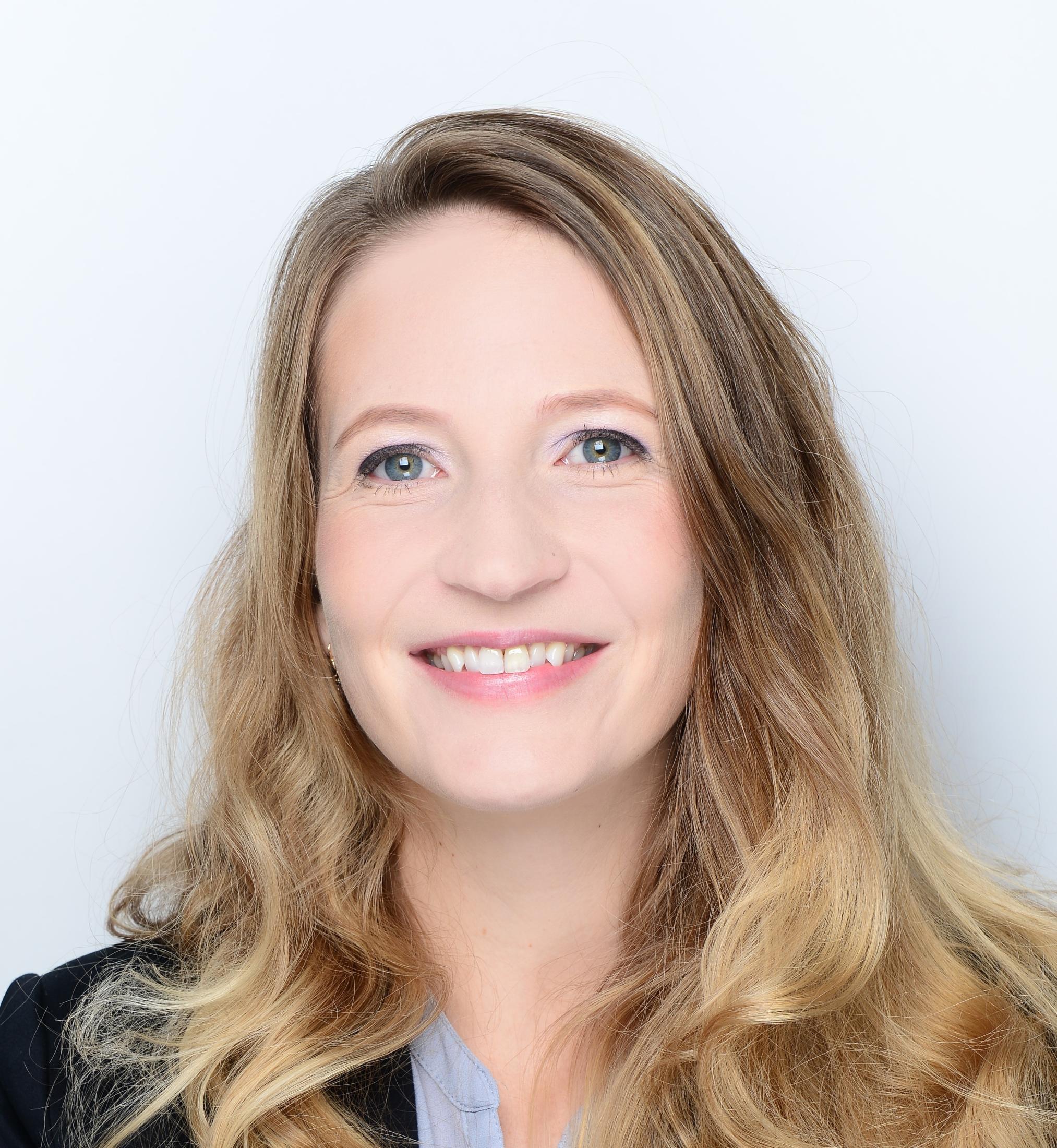
Kira Tiedge
(Postdoctoral scholar, Plant Biology)
After completing my bachelor’s and master’s degree, Kira completed a PhD in Molecular Plant biology and Plant biochemistry as a fellow of the Konrad Adenauer Foundation (KAS) in Germany with longer stays in the U.S.A and Austria. As a Postdoctoral research fellow of the German Research Foundation (DFG) Kira is now working on major bioenergy crops towards improved biofuel production in the Zerbe Lab at UC Davis.
Teaching-as-Mentoring Workshop Series: Professional Development through Purposeful Teaching
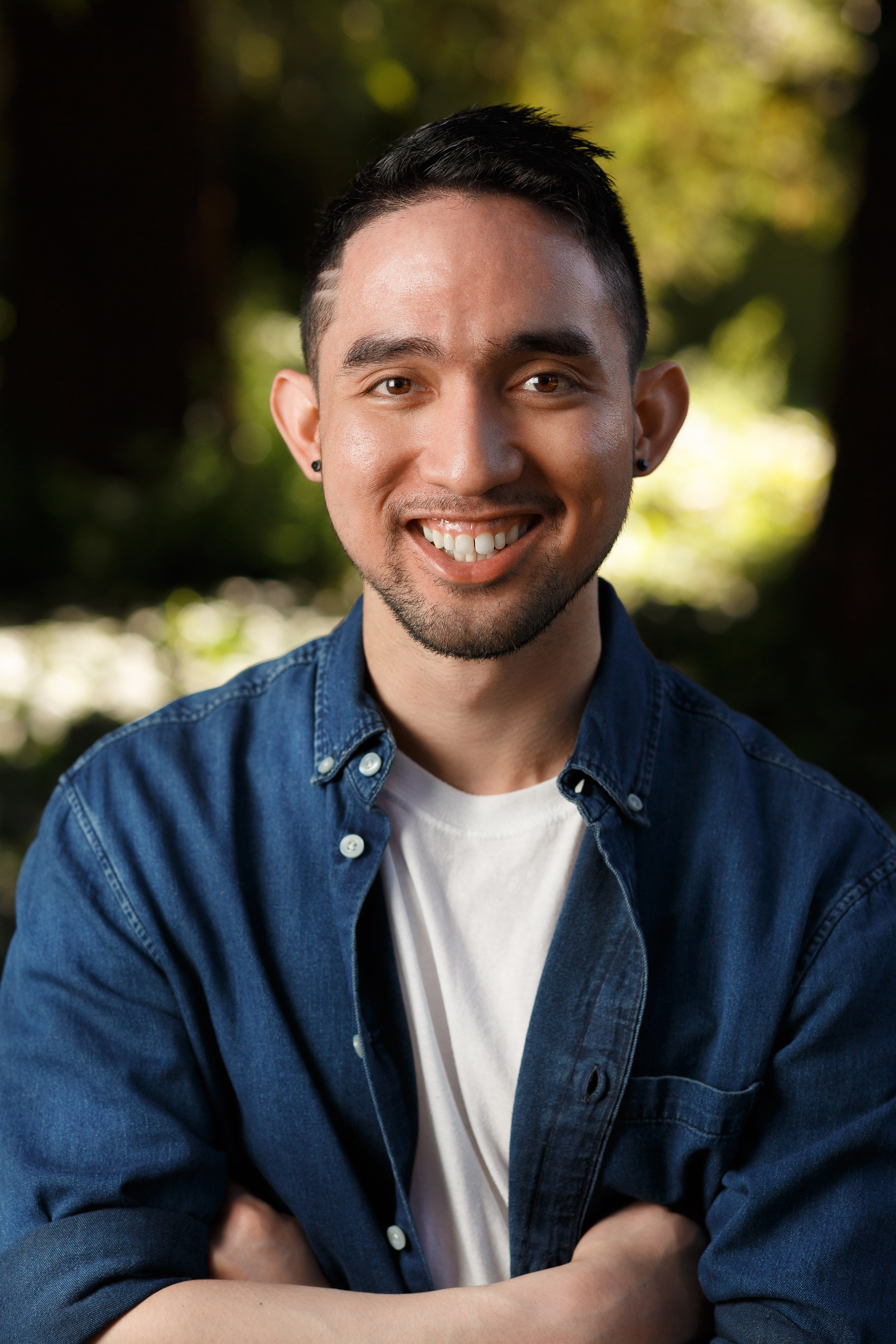 Peter Joseph Torres
Peter Joseph Torres
(Ph.D. student, Linguistics)
Peter Torres is a Ph.D. candidate in the Linguistics department whose research focuses on the framing of the opioid crisis in policies, the media, and medical interactions. He acquired his B.A. in Linguistics and Anthropology from UCLA. As a first-generation immigrant from the Philippines, he believes in the importance of acknowledging that everyone's experiences, strengths, interests, learning preferences, and levels of engagement are as unique as our fingerprints. "Whenever I use my hands to write lesson plans or create lecture slides, my fingerprints remind me of the importance of harnessing inclusive classrooms."
Addressing Financial Barriers to Participation in STEM
Olivia Winokur
(Ph.D. student, Entomology)
Olivia Winokur (she/her) is a PhD Candidate in the graduate group of Entomology and a National Science Foundation Graduate Research Fellow studying how the environment affects mosquito behavior and mosquito-borne virus transmission dynamics with Dr. Christopher Barker. Olivia obtained her Bachelor of Science from Cornell University before returning to her home state of California to pursue her doctorate. Since starting graduate school at UC Davis Olivia has dedicated time to her research, teaching, mentoring, and working to make STEM and the outdoors more inclusive. Olivia co-founded Girls’ Outdoor Adventure in Leadership and Science (GOALS), a program that runs free summer science programs for high school girls and gender expansive youth. Outside of academia, Olivia spends her time illustrating and getting outside to hike, backpack, and kayak. Olivia is excited to be a Professors for the Future fellow to develop her teaching and mentor skills to further align with her core values of diversity, equity, and inclusion in the classroom, laboratory, and in non-structed learning environments.
Developing Inclusive Curricula Based on Diverse Faculty Perspective
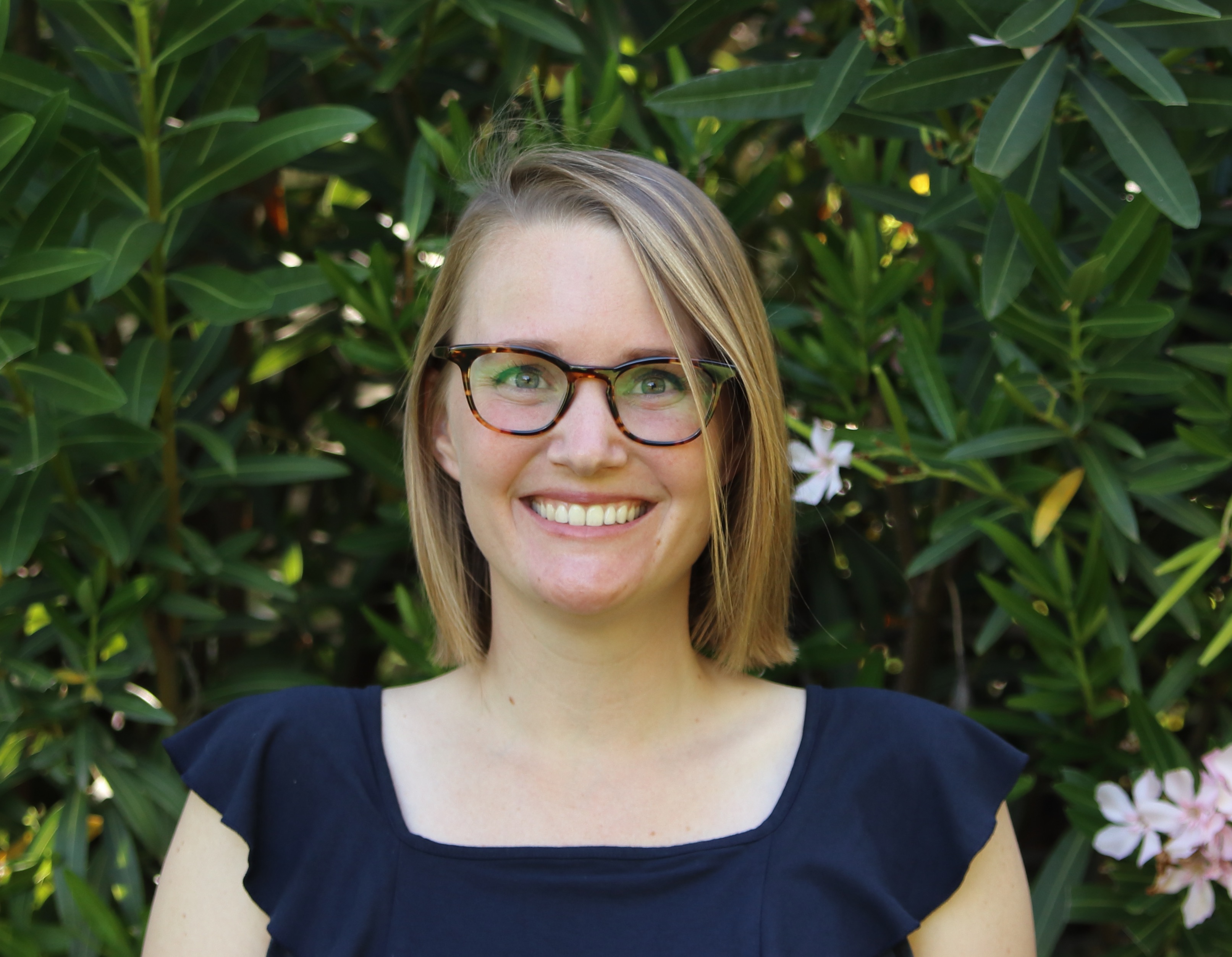
Lynea Witczak
(Ph.D. student, Psychology)
Lynea is a PhD candidate in Dr. Karen Bales’ Laboratory for Comparative Neurobiology of Monogamy at the University of California, Davis. Lynea has always been fascinated by individual differences and have spent my entire research career investigating causes of variability in a variety of behaviors across several animal models. As an undergraduate at Davidson College, Lynea studied differences in survivorship of turtle populations across several environments. After college Lynea studied female mate choice in frogs to determine which calls they were most attracted to, before working at Yerkes National Primate Research Center where Lynea helped form new social groups of rhesus macaques (Macaca mulatta) by studying how individuals interacted with others and identifying individuals that would be most likely to form a stable social group. For my PhD dissertation here at UC Davis, Lynea is interested in better understanding the mechanisms driving monogamy in non-human primates. In particular, Lynea is interested in identifying underlying causes of variability in the way individuals form and maintain social relationships. In conjunction with researching the neurobiological factors influencing differences in displays of monogamous behaviors, Lynea also studies how parent-offspring relationships and partner interactions influence the transition from filial attachment to the father to pair bond formation with the partner. Lynea's research interests have informed their teaching pedagogy, as Lynea recognizes that all of our students here at UC Davis come from different backgrounds. Lynea writes, "If I am wish to foster an inclusive learning environment, I need to identify ways to celebrate this diversity and be mindful of the barriers that traditional teaching methods can impose on students." Lynea's project for Professor for the Future is to design a workshop series that will give aspiring educators the opportunity to talk to faculty from underrepresented groups who can speak to both the barriers they have faced and how they address them in the classroom.
Visualization of Scientific Data for Public Communication
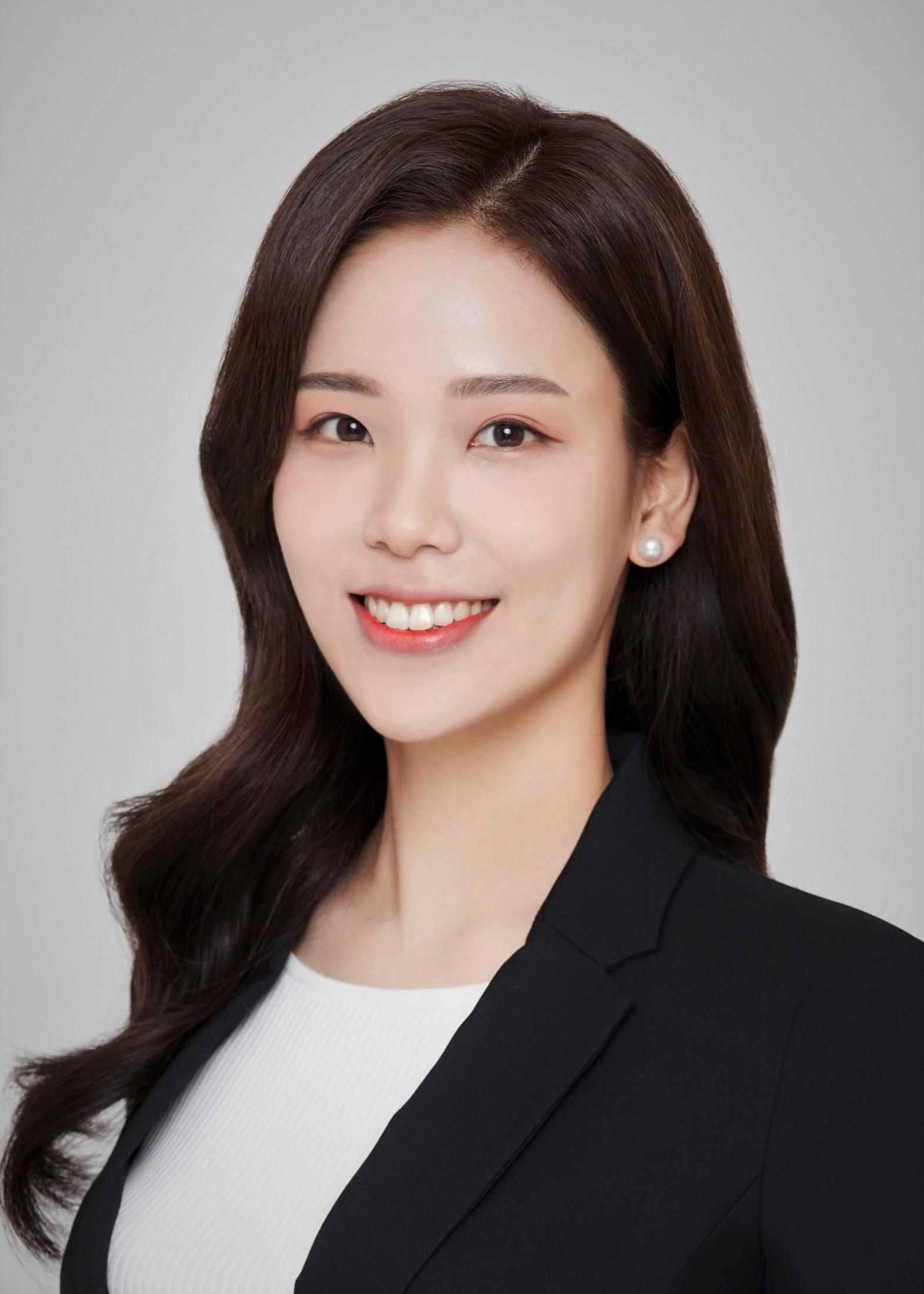
Jiyoon Yi
(Ph.D. student, Food Science)
Jiyoon is a Ph.D. candidate in the Food Science Graduate Group, and her research focuses on experimental and computational approaches in engineering food microbiological systems. She has earned bachelor’s degrees in both Food Science Engineering and Mathematics, and a master’s in Food Science Technology at Ewha Womans University, South Korea. She is currently working on a USDA food safety project to reduce microbial cross-contamination of fresh produce during postharvest processing. Her experimental research involves process design/control, microbial cross-contamination, and antimicrobial development for surface disinfection. For computational studies, she is looking into bio-based microparticle delivery models, heat/mass transfer in microbial inactivation, computational fluid dynamics, and microbial image analysis with deep learning. In addition to her research, she is also working on developing a virtual reality learning tool to enhance understanding of food processing and biosystems engineering. Overall, her long-term goal is to improve the implementation of science-based solutions to the food industry by developing practical and user-friendly engineering tools to fill the gaps.
